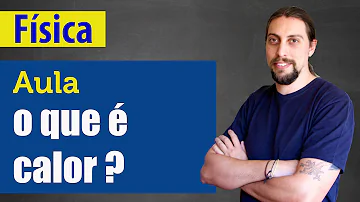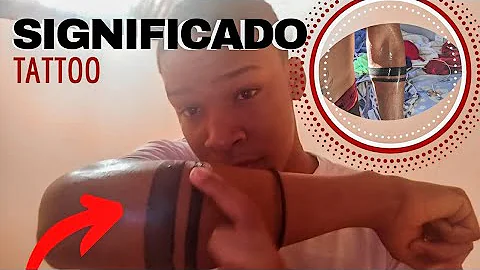Como responder How long have you been here?
Índice:
- Como responder How long have you been here?
- Como responder com have?
- Como responder Have you ever been Abroad?
- Quando eu uso Have you ever?
- Como responder a pergunta how long?
- Como usar o How long does it take?
- Como responder usando do?
- Como responder Have you already?
- Como usar Have You Been?
- Como fazer perguntas com have ever?
- How to respond to the question how are You?
- How to answer the question how have you been?
- What's the response to " how have you been "?
- Which is the correct way to respond I'm well?
Como responder How long have you been here?
How long have you been here? – Há quanto tempo você está aqui? I've been here for two weeks. – Eu estou aqui fazem duas semanas.
Como responder com have?
Responder no Present Perfect – Yes, I've (have) (already) been in Japan. / No, I've not (have not) been in Japan (yet). – Had she waited long before you called? – Yes, she had waited long before I called. / No, she hadn't (had not) waited long before I called.
Como responder Have you ever been Abroad?
Resposta: Yes, I have been abroad!
Quando eu uso Have you ever?
A expressão HAVE YOU é usada para fazer perguntas no Present Perfect (presente perfeito). Por estar no present perfect, as ações com esse termo verbal geralmente têm uma certa conexão com o presente. Em outras palavras, a ação ainda continua acontecendo (não se encerrou).
Como responder a pergunta how long?
How long are you staying here? (Você vai ficar aqui por quanto tempo?) How long will the concert last? (Quanto tempo o show vai durar?) How long have you been living here? (Quanto tempo faz que você mora aqui?) How long has she been working there? (Quanto tempo faz que ela trabalha lá?)
Como usar o How long does it take?
Lembre-se: para dizer "quanto tempo leva para...?" em inglês é "how long does it take to...?". Pronto, isto é tudo por hoje! Take care!
Como responder usando do?
– Yes, I do. Aqui ele funciona como “Sim, eu tenho”, e evitamos de dar uma resposta longa do tipo: “Sim, eu tenho um carro”, o que acarretaria em uma conversa longa e não muito natural. Outro exemplo: – Do you live in Toronto?
Como responder Have you already?
Por exemplo, se eu pergunto: “have you already done your homework?” [você já fez a tarefa de casa?] estou me referindo a algo ali no momento imediato da fala [se fui redundante, perdoe-me!]. O referencial se faz presente. Não quero saber se a pessoa já tem experiência naquilo ou se ela já fez alguma vez na vida.
Como usar Have You Been?
Quando temos have been, a coisa é mais simples. Have been indica que a ação começou no passado e ainda continua no presente. Por exemplo: Natalie has been reading novels (Natalie tem lido romances). Pelo uso de have been, sabemos que ela continua lendo romances.
Como fazer perguntas com have ever?
HAVE YOU EVER … ???? COMO USAR?
- Have you ever been abroad? (Você já esteve no exterior?)
- Have you ever been to Bahia? (Você já foi a Bahia?)
- Have you ever talked to Tia do Inglês? (Você alguma vez na vida conversou com a Tia do Inglês?)
- Have you ever broken a leg? ( Você alguma vez já quebrou a perna?)
How to respond to the question how are You?
- Here, person A uses the question How are you? as a standard greeting. It’s customary to respond, but it’s not always necessary. In this case, person B decides to respond with I’m well. Notice that he uses the adverb well as a modifier for the verb to be (which becomes I’m).
How to answer the question how have you been?
- With “how have you been?”, on the other hand, you will be answering using the present perfect progressive tense. And this is done by using “I have been” plus the continuous verb form. Present perfect progressive tense describes an action that began some time in the past, continues in the present, and may possibly continue into the future.
What's the response to " how have you been "?
- Before trying them, I want to make sure you understand that I am not liable for any damages that result. I’ve been overeating, sleeping in ’til noon, and indulging my Internet addiction. After all, the ‘busy’ response suggests you have a problem with over-commitment.
Which is the correct way to respond I'm well?
- It’s customary to respond, but it’s not always necessary. In this case, person B decides to respond with I’m well. Notice that he uses the adverb well as a modifier for the verb to be (which becomes I’m). This is grammatically the most correct way to respond, but as we’ll see later, it’s not the only way.











